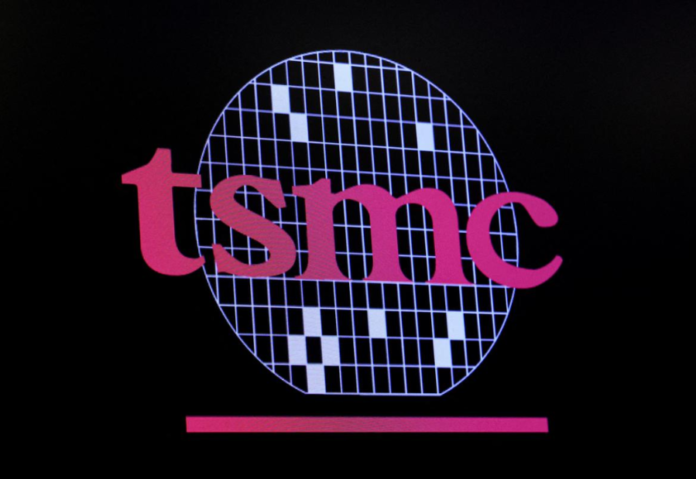Taiwanese chipmaker TSMC announced on Tuesday that it will construct a second Japanese plant, which will be operational by the end of 2027.
Taiwanese chipmaker TSMC announced on Tuesday that it will build a second Japanese plant that will be operational by the end of 2027, bringing the total investment in its Japan venture to more than $20 billion with the Tokyo government’s assistance.
Taiwan Semiconductor Manufacturing Co. revealed intentions in 2021 to establish a $7 billion chip facility in Kumamoto, Kyushu, southern Japan.
Last month, TSMC announced that the first Japanese factory would open in February, with volume production beginning in the fourth quarter, and that the company was also considering building a second factory in the nation.
In a statement, TSMC, the world’s largest contract chipmaker, said that its majority-owned subsidiary, Japan Advanced Semiconductor Manufacturing in Kumamoto, would construct a second fabrication plant, or fab, in response to increased client demand.
The second fab will begin construction by the end of the year, and the site is planned to have a total monthly capacity of more than 100,000 12-inch wafers for automotive, industrial, consumer, and high-performance computing applications, according to TSMC.
The capacity plan may be changed further based on client demand, as stated.
TSMC, a significant supplier to firms like Apple and Nvidia, owns 86.5% of the Japanese company, followed by Sony Group at 6%, Denso at 5.5%, and Toyota at 2%.
TSMC’s development in Kyushu is critical to the Japanese government’s efforts to reestablish the country’s position as a leading chip manufacturing hub and secure a steady supply of chips in the midst of trade tensions between the US and China.
TSMC’s decision to build a second fab is a vote of confidence in Japan, where the building of the first fab went well and it sees a source of hardworking workers and an easy-to-work-with government.
Japan’s chip-making sector, which was the world’s largest in the 1980s, has battled to maintain its competitive advantage, steadily declining over the last three decades as rivals such as Taiwanese manufacturers gained footing.
While both TSMC and the Taiwan government have stated that the majority of the company’s most advanced manufacturing will continue to take place in Taiwan, TSMC has been extending its global manufacturing footprint in response to what it claims is customer demand.
TSMC’s largest overseas investment is a $40 billion initiative to build two fabs in Arizona, which will help Washington meet its goal of increasing chipmaking capacity in the United States.
TSMC is also planning its first European manufacturing plant in Germany to primarily supply the automotive industry.
TSMC’s Taipei-listed stock is up 8.9% this year on the strength of increased demand for chips for artificial intelligence applications, surpassing the broader index’s 0.9% gain.
Do Follow: CIO News LinkedIn Account | CIO News Facebook | CIO News Youtube | CIO News Twitter
About us:
CIO News, a proprietary of Mercadeo, produces award-winning content and resources for IT leaders across any industry through print articles and recorded video interviews on topics in the technology sector such as Digital Transformation, Artificial Intelligence (AI), Machine Learning (ML), Cloud, Robotics, Cyber-security, Data, Analytics, SOC, SASE, among other technology topics.






